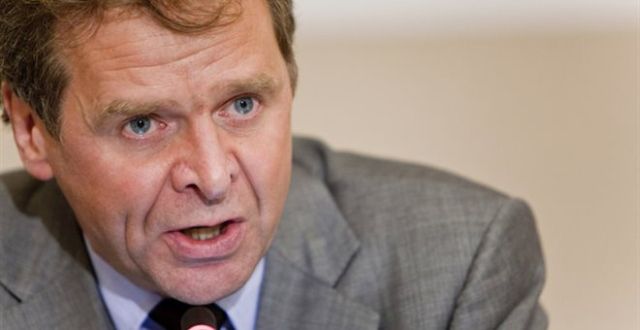In 2015 the Greek economy reported recession of 0.7% on average, as shown by the preliminary data of the Greek Statistical Office (ELSTAT) for the fourth quarter of last year.
The GDP shrank by an average of 0.675% whereas the annual decline in economic activity reached 1.9% in the third and fourth quarters of 2015.
The preliminary ELSTAT data are like a wet blanket for the government, which had set a zero recession in the budget.
This negative result will probably affect the negotiations with creditors on financial issues, in view of the fact that so far they have shown tolerance to the forecasts of Athens for a stable GDP growth.
The ELSTAT data show the problematic picture of the Greek economy in general.
In particular, only one period reported positive growth on a quarterly basis, namely between April and June, whereas on an annual basis the GDP fell by 1.9% during the last two quarters of the year, after the slightly positive results of the first half.
Against this background, in response to Poul Thomsen’s statements regarding the need for measures amounting to 9 billion euro by 2018 and for reducing the cost of pensions, the members of the government stressed that the International Monetary Fund has not yet clarified its intentions in the negotiations and must soon do so.

Thomsen’s opinion that new measures are required, amounting to 9 billion euro by 2018, and that pension costs should be reduced shows once again the differences among creditors, say the government sources.
A while ago, Minister of Economy George Statakis told SKAI TV that the Greek government will be able to protect the basic pensions.
"I think we will achieve that, it is our main strategy and we will fight for it to the end", said Statakis.
The Minister of Economy also stressed that the proposal of Athens to increase the social insurance contributions has encountered "agreement on principle", at least for the next three years, and said that the Greek side has submitted its proposals and is currently negotiating with creditors.
George Statakis however admitted that no important issue in the negotiations has been completed so far.
Meanwhile, the European Commission spokeswoman clarified today that the measures demanded from Greece now are the same as those that were laid down in the adjustment programme that was agreed last summer.
Asked if creditors agree with the International Monetary Fund Director for Europe Poul Thomsen who wants pension cuts, the European Commission spokeswoman avoided answering directly, stressing that the European institutions are working on a set of measures to achieve the fiscal targets.
She also added that Greece must take serious measures to achieve these fiscal measures, which are generally in line with the agreed programme.